Dhaka, Dec 23, (V7N )— Bangladesh is set to receive significant investments from China, strengthening economic ties and boosting key industries like garments manufacturing and renewable energy.
Chinese company Ding Yu (BD) Enterprise Ltd. signed an agreement today with the Bangladesh Export Processing Zones Authority (BEPZA) to establish a garments manufacturing facility in the BEPZA Economic Zone (BEPZA EZ). The $28.92 million investment is expected to produce 50 million pieces of undergarments, T-shirts, yoga pants, and swimwear annually, creating 3,135 local jobs.
The signing ceremony, held at the BEPZA Complex, was attended by BEPZA Executive Chairman Major General Abul Kalam Mohammad Ziaur Rahman and Managing Director of Ding Yu (BD) Enterprise Ltd. Zhuofan Cai, among other officials.
Highlighting BEPZA's commitment to fostering a secure and supportive environment for investors, the Executive Chairman welcomed Ding Yu (BD) Enterprise to the BEPZA family and reiterated Bangladesh's attractiveness as an investment destination.
In a parallel development, a high-level Chinese business delegation visited the Bangladesh Investment Development Authority (BIDA) and the Bangladesh Economic Zones Authority (BEZA) to explore opportunities in the renewable energy sector.
The delegation, representing major renewable energy companies such as LONGi Green Energy Technology Co., Tongwei Co., and Yunnan Show, showcased advanced technologies and successful international projects during a meeting chaired by BIDA Executive Chairman Chowdhury Ashik Mahmud Bin Harun.
Strong Interest in Solar Energy: Chinese companies expressed a keen interest in supporting Bangladesh's renewable energy goals, focusing on solar energy and rooftop solar systems.
Bangladesh’s Investment Appeal: Ashik Chowdhury emphasized Bangladesh's favorable investment climate, including tax holidays, duty-free imports, and a skilled workforce.
Ambitious Renewable Energy Goals: With a target of 40% renewable energy by 2040, Bangladesh presents a growing local market of 170 million people, coupled with government initiatives to promote solar energy adoption by industries.
Wang Feng, a member of the Chinese delegation, expressed optimism about Bangladesh's market potential, stating, "We are willing to fully understand Bangladesh's market demand, investment policies, and cooperation opportunities in power and energy. We see strong prospects for collaboration."
The meeting concluded with a networking session involving local solar energy companies, commercial banks, law firms, and international stakeholders. The discussions are expected to pave the way for future partnerships, enhancing economic collaboration between Bangladesh and China.
These developments mark a significant milestone in the economic partnership between Bangladesh and China, signaling robust growth in garments manufacturing and renewable energy sectors. With committed investments and shared goals, the collaborations promise to propel Bangladesh's economicand sustainable development ambitions.





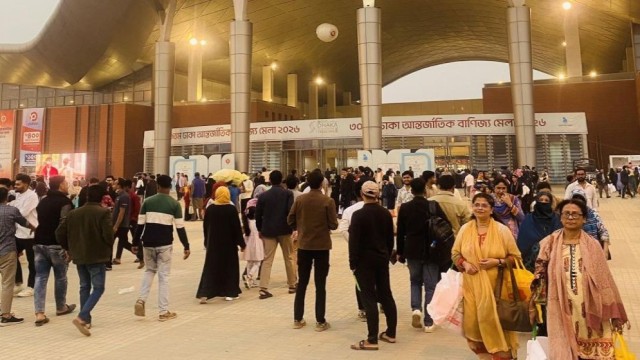


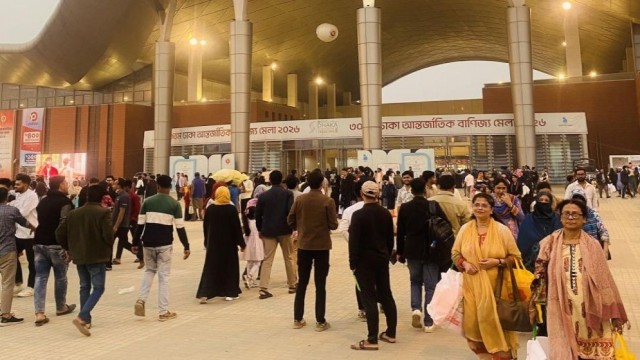




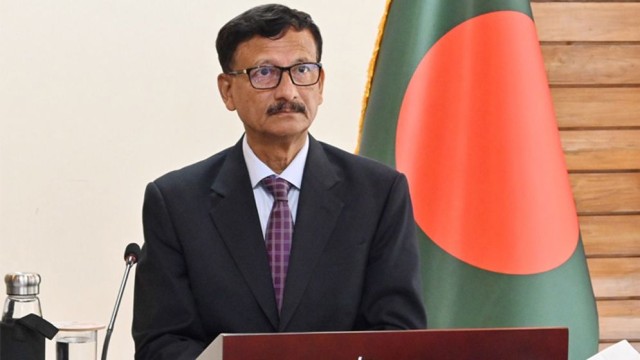

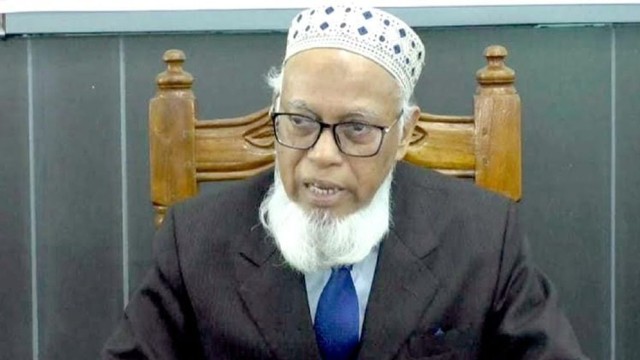
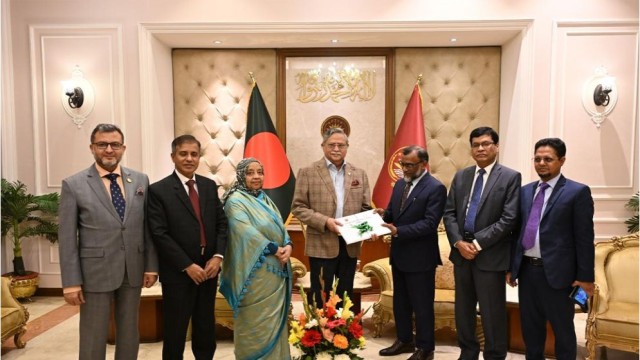

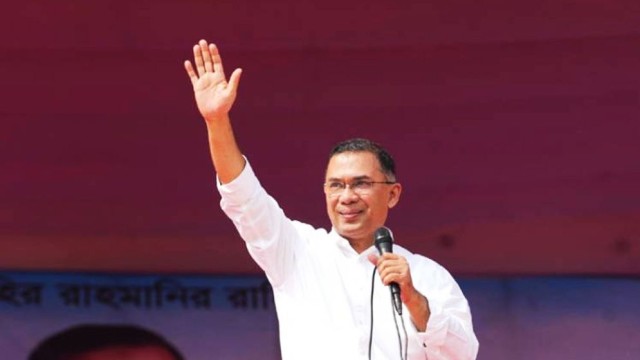











Comment: